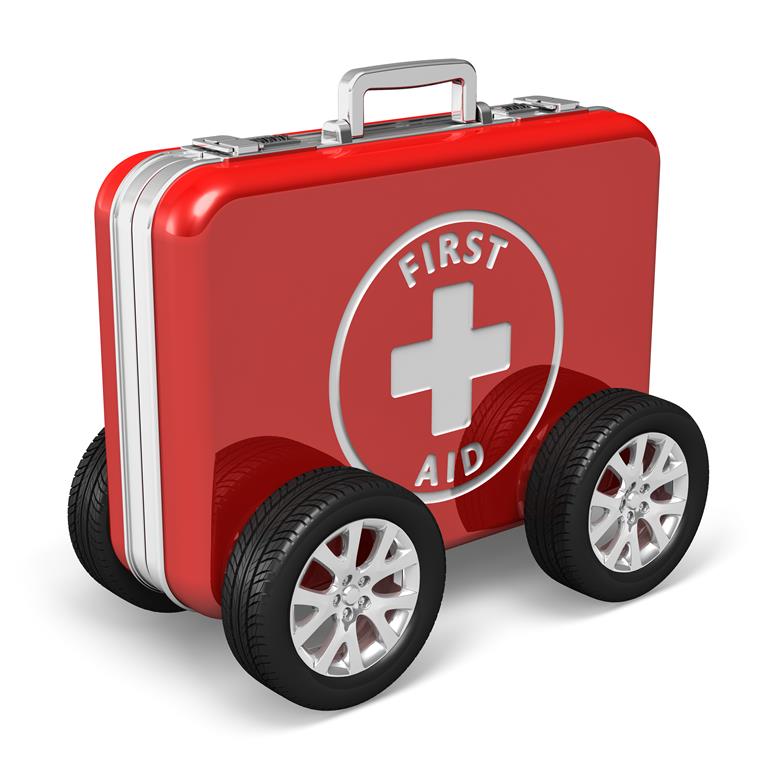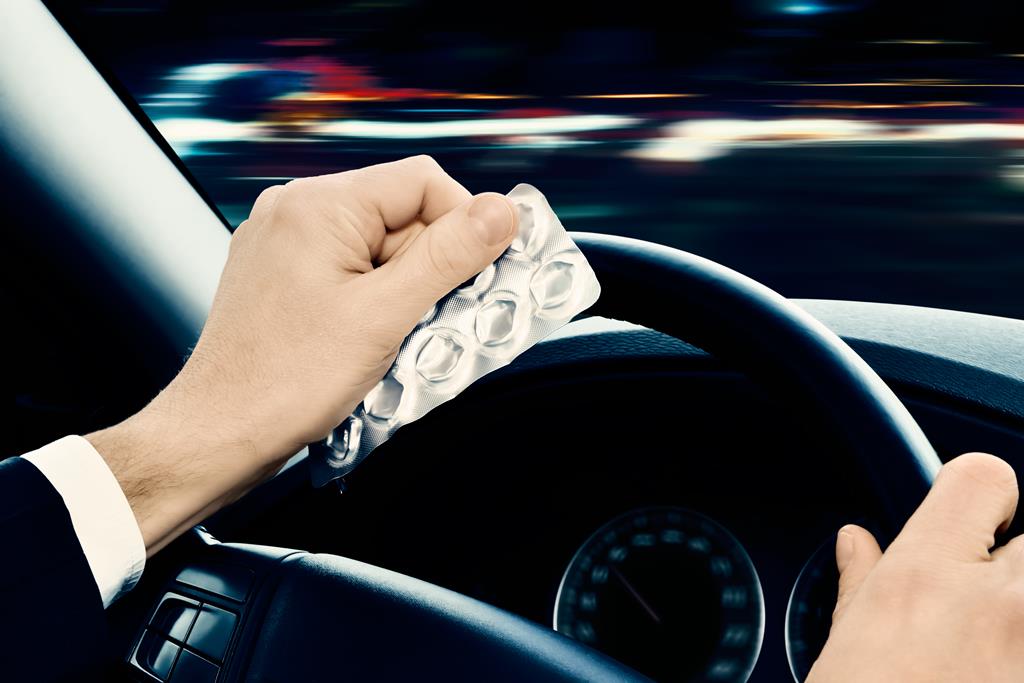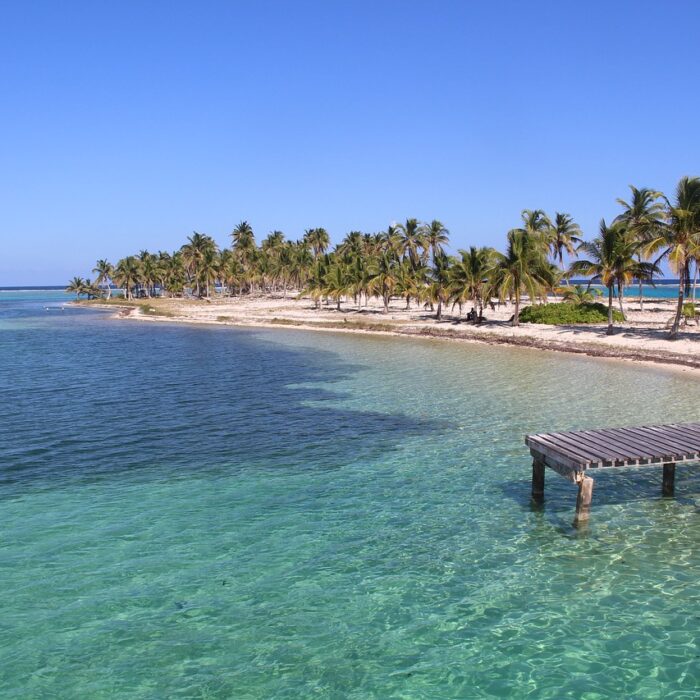Sağlık Durumlarıyla Güvenli Sürüş: Kapsamlı Bir Rehber
Yolda sağlığınızı korumak hem sizin hem de başkalarının güvenliği için çok önemlidir. Mevcut sağlık durumlarınız olsun veya tamamen sağlıklı olun, seyahat sırasında esenliğinizi nasıl yöneteceğinizi anlamak acil durumları önleyebilir ve keyifli bir yolculuk sağlayabilir.
Sürüş Kontrendikasyonlarını Anlamak: Mutlak ve Göreceli
Mutlak sağlık kontrendikasyonları olan kişiler yasal olarak sürücü belgesi alamazlar. Ancak, birçok sağlık durumu zamanla kademeli olarak ilerleyebilir, ciddi sorunlara dönüşmeden önce hafif belirtilerle başlayabilir.
Sürücüler için önemli sağlık hususları:
- Eğer Evre 1-2 hipertansiyonunuz varsa (sürüşe izin verir), durumunuzu sürüşü yasaklayan Evre 3’e ilerlemesini önlemek için dikkatle izleyin
- Çeşitli tıbbi durumlar, ehliyetinizi aldıktan sonra bile sürekli izleme gerektirir
- Kronik rahatsızlıkları olan sürücüler için düzenli tıbbi kontroller çok önemlidir
Sağlık durumunuzun değişebileceğini ve güvenli sürüş yeteneğinizi etkileyebileceğini unutmayın. Tıbbi izleme konusunda proaktif olmak, sürüş ayrıcalıklarınızı daha uzun süre korumanıza yardımcı olabilir.

Sürüş Sırasında Mevcut Sağlık Durumlarını Yönetmek
Farklı sağlık durumları, seyahat ederken farklı yönetim yaklaşımları gerektirir. Doğru stratejiye sahip olmak, sürüşü hem mümkün hem de güvenli hale getirebilir.
Duruma özgü hususlar:
- Diyabet: Diyabetin kendisi sürüşü engellemezken, sık hipoglisemik veya hiperglisemik epizodlar sürüşü güvensiz hale getirir
- Endokrin bozuklukları: Belirli yönetim stratejileri ve ilaç programları gerektirebilir
- Kardiyovasküler durumlar: Bazı kalp problemleri sürüş yeteneklerini sınırlayabilir veya el altında ilaç bulundurmayı gerektirebilir
Sürücü belgesi için tıbbi sertifika verirken, doktorlar sürüşün kısıtlamalarla veya kısıtlamasız izin verilip verilemeyeceğini belirlemek için her vakayı bireysel olarak değerlendirir. Ehliyetinizi aldıktan sonra tıbbi bir durum geliştirirseniz, güvenli sürüş uygulamaları ve gerekli önlemler hakkında sağlık uzmanınıza danışın.
Yol Seyahatiniz İçin İlk Yardım Çantasındaki Temel Ögeler
Standart araç ilk yardım çantaları genellikle kazalardan kaynaklanan yaygın yaralanmaları ele alır, ancak sağlık durumları olanlar çantalarını buna göre özelleştirmelidir.
Temel ilk yardım malzemelerinin yanı sıra şunları eklemeyi düşünün:
- Kişisel sağlık ihtiyaçlarınıza göre duruma özgü ilaçlar
- Acil durum iletişim bilgileri ve tıbbi geçmiş kartları
- Ani semptom alevlenmeleri için hızlı etkili ilaçlar
- Orijinal etiketli kaplarında ekstra reçeteli ilaçlar
Unutmayın, seyahat ederken sağlığınızın sorumluluğu öncelikle sizdedir. Her zaman ihtiyaç duyacağınızı düşündüğünüzden daha fazla ilaç getirin, özellikle belirli ilaçlarınızın bulunmayabileceği uluslararası seyahatlerde.
Seyahat Edenler İçin İlaç Hususları
Uygun ilaç yönetimi, özellikle mevcut sağlık durumları olanlar için güvenli seyahat açısından çok önemlidir.
Seyahat edenler için ilaç önerileri:
- Hareket etmeden önce son kullanma tarihlerini doğrulayın—seyahatiniz sırasında sona erecek ilaçları satın almaktan kaçının
- İlaçları el çantanıza koyun, kaybolabilecek kontrol edilmiş bagaja değil
- İlaç programlarını planlarken saat dilimi değişikliklerini göz önünde bulundurun
- Saat dilimlerini geçerken potansiyel bağışıklık sistemi stresine karşı koymak için seyahatten birkaç gün önce immünomodüle edici ilaçlara başlayın
- Beklenmedik sorunlar için yaygın ilaçları getirin:
- Hareket hastalığı (özellikle feribot geçişleri için faydalıdır)
- İshal ve sindirim sorunları (aktif karbon, Smecta, probiyotikler)
- Soğuk algınlığı belirtileri (boğaz pastilleri, öksürük şurubu, ateş düşürücüler)
- Ağrı kesici (daha önce kullandığınız tanıdık seçenekler)
Seyahat ederken yeni tedavileri denemek yerine sizin için işe yaradığını bildiğiniz ilaçları tercih edin.
Uzun Sürüşler Sırasında Sağlık Bakım Stratejileri
Direksiyon başında uzun süreler geçirmek vücudunuzu yıpratabilir, özellikle gözlerinizi ve omurganızı etkileyebilir.
Sürüş yorgunluğunu azaltmak için ipuçları:
- Gözlerinizi dinlendirmek ve esneme yapmak için her 1-2 saatte bir düzenli molalar verin
- Molalar sırasında uzak nesnelere bakarak göz gevşetme tekniklerini uygulayın
- Sırtınıza, boynunuza ve omuzlarınıza odaklanan basit esneme egzersizleri yapın
- Uzun sürüşler için ortopedik destek yastığı kullanmayı düşünün (ancak iç organları sıkıştırabileceği için sürekli kullanımdan kaçının)
- Alt uzuvlarda dolaşım sorunları olanlar için:
- Kompresyon çorapları veya elastik bandajlar kullanın
- Sürüş sırasında ayaklarınızı ve bileklerinizi periyodik olarak hareket ettirin
- Dolaşımı teşvik etmek için yürüyüş molaları verin
Yaygın Seyahat Sağlık Sorunlarına Karşı Korunma
Sağlıklı bireyler bile seyahat ederken sağlık zorlukları yaşayabilir.
Yaygın seyahat sağlık sorunlarını önleme:
- Dehidrasyon önleme: Her zaman yeterli içme suyu, tercihen maden suyu taşıyın ve yaz sürüşlerinde her 10-15 dakikada bir küçük yudumlar alın
- İklim uyumu: Uygun kıyafet ve koruyucu ekipmanlarla farklı ortamlara hazırlıklı olun
- Bağışıklık desteği: Seyahat öncesinde ve sırasında bağışıklık destekleyici takviyeler almayı düşünün
- Uyku düzenleme: Uzun sürüşlerden önce yeterli dinlenme sağlayın ve yeni saat dilimlerine kademeli olarak uyum sağlayın
- Düzgün beslenme: Enerji seviyelerini korumak için sağlıklı atıştırmalıklar hazırlayın ve sadece market seçeneklerine güvenmekten kaçının

Sigorta ve Seyahat Güvenliği Önerileri
İster mükemmel sağlıkta olun ister kronik durumları yönetiyor olun, her yolculuk için uygun hazırlık çok önemlidir.
Nihai seyahat güvenlik kontrol listesi:
- Tüm seyahatler için, özellikle uluslararası seyahatler için kapsamlı seyahat sağlık sigortası edinin
- Hareket etmeden önce rotanız boyunca tıbbi tesisleri araştırın
- Belirli sağlık durumlarınız varsa tıbbi uyarı bilgilerini yanınızda taşıyın
- Sağlık ihtiyaçlarınızla ilgili temel ilk yardım prosedürlerini öğrenin
- Acil durum iletişim listesini kolayca erişilebilir tutun
- Seyahat planınızı sizi kontrol edebilecek güvenilir bir kişiyle paylaşmayı düşünün
Bu önlemleri alarak ve yolculuğunuz için uygun şekilde hazırlanarak, sağlık durumunuz ne olursa olsun daha güvenli ve konforlu seyahat deneyimleri yaşayabilirsiniz.

Yayımlanmış Eylül 15, 2017 • Okuma süresi: 5 dakika





